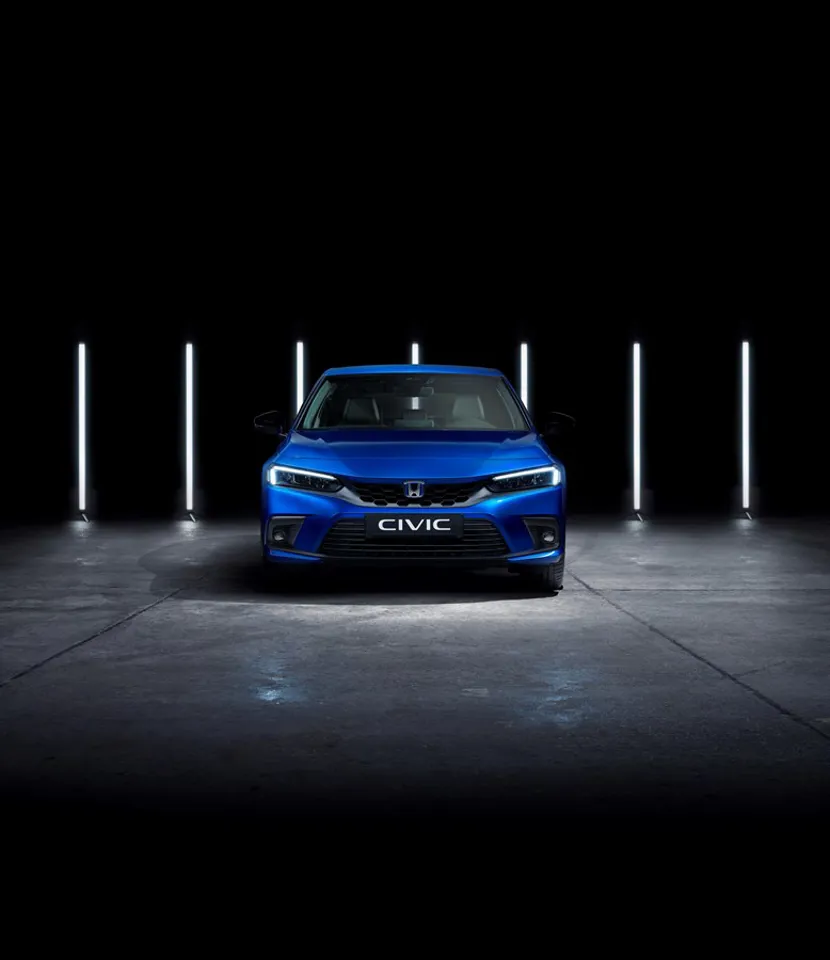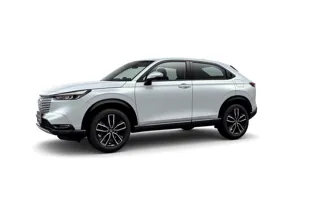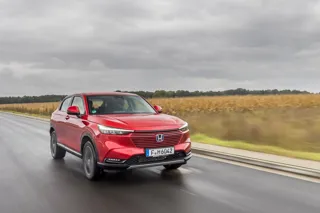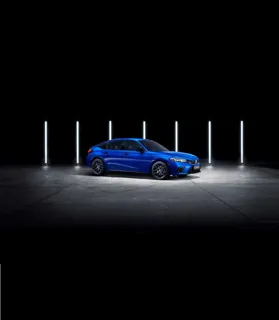Honda (UK) is preparing to focus on the fleet sector “more strongly” after concentrating on the retail market for the past few years to build a sustainable business model.
The manufacturer had suffered significant losses in the UK for some time, and in 2014 launched a five-point plan to turn around its fortunes.
This included an ongoing process to reduce its dealer network from 160 sites to 100, as well as focusing on the more profitable retail sector: its retail:fleet sales mix has moved to 80:20
These measures have helped it return to profit last year and this, together with the launch of more electrified vehicles and increased vehicle supply, means the brand is looking at becoming more active in the fleet sector again.
Jean-Marc Streng, president – managing director of Honda (UK) said: “We will come back more strongly in fleet for many reasons.”
He said one of the major reasons is that the brand has fixed its pricing policy to improve its profitably by model, meaning it can go into markets where discount levels are higher that the retail market.
Streng added: “We know 80:20 is a but unreal and mostly due to supply constraints and even today, if we had more supply, we would try to sell more in fleet because we have a big enough customer bank so we could have additional sales and the corporate orders would not substitutions.
“We will eventually move to maybe 60:40 or 65:35.”
Streng added: “The second reason is we need to start very strongly in BEV by 2024 and we know - at least today -the fleet market has more appetite for BEV than private, so therefore we have to benefit from that demand.”
Honda (UK) currently offers one battery electric vehicle (Honda e) and three hybrids (Jazz e:HEV, Jazz Crosstar e:HEV and HR-V e:HEV).
By 2024 it will have launched four more electrified vehicles: the fully-electric e:ny1 SUV, CR-V plug-in hybrid, and Civic e:HEV and ZR-V e:HEV hybrids.
Rebecca Adamson, head of automotive for Honda (UK) added: “We have a strong relationship with Motability, we absolutely intend to continue that and we intend to continue with a sustainable level of corporate.
“There are some customers where you have to have a high level of discount and that is a corporate arena we wouldn’t play, but there are some sectors of the corporate market we were in.
“For us there is a volume that is too much, which requires too much support and has a potential negative impact on residual values.”
She added: “To be absolutely clear, we are not out (of the corporate market). Our corporate teams are very focused on maintaining those relationships and having those conversations.
“It's as important with the corporate customers as much as the retail customers that we're honest about what our situation is, and give them clarity, and don't over promise and under deliver.”
> Interested in comparing electric vehicle data? Check out our EV tool.
> Interested in ensuring the efficient use of EVs. Check out our dedicated editorial sections: Insight & policy | EV news | Charging & infrastructure | Costs & incentives | Benefit-in-kind | EV case studies | EV road tests





















Login to comment
Comments
No comments have been made yet.